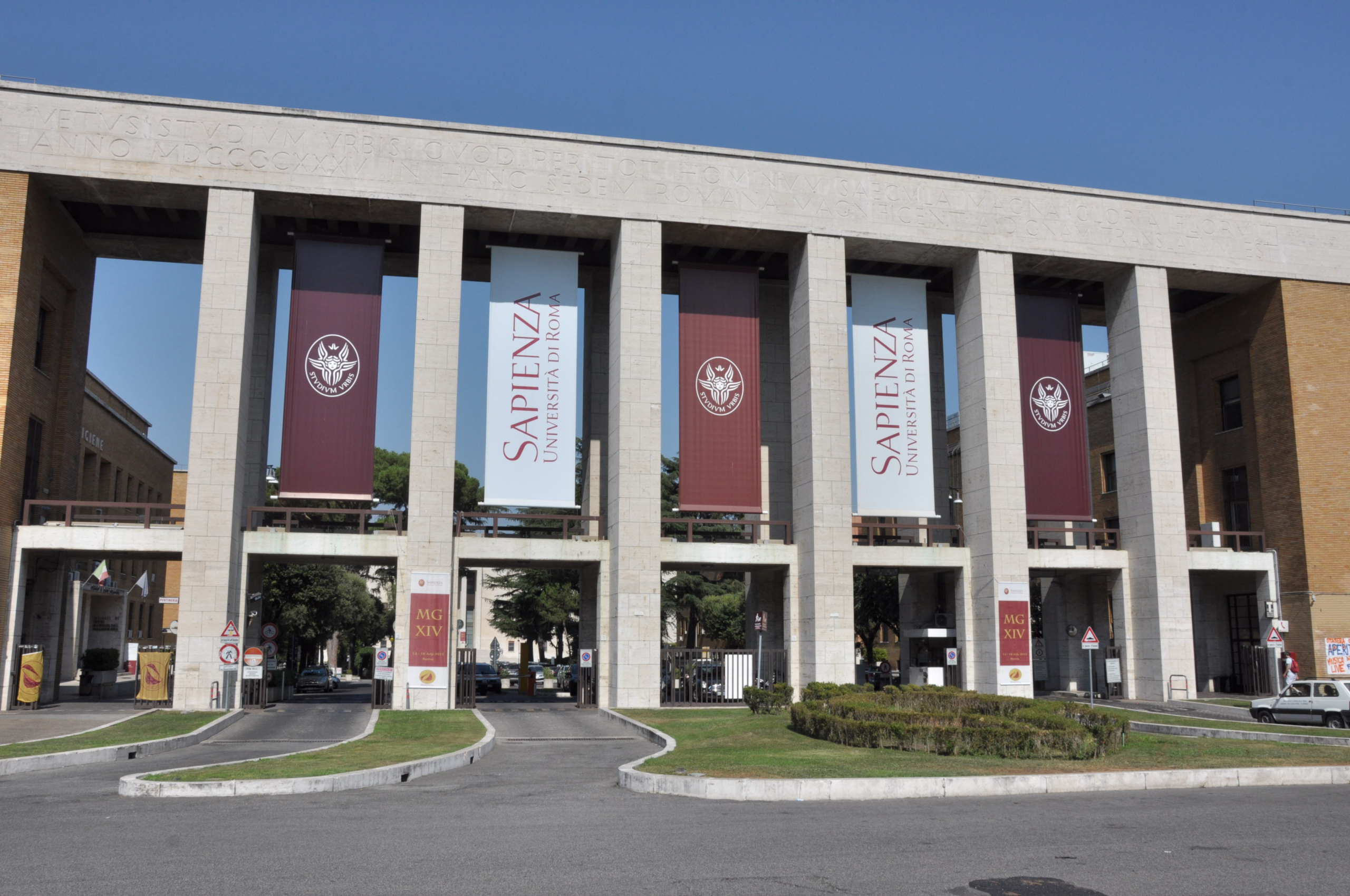“Our customers have a right to privacy which is enshrined in international human rights law and standards and enacted through national laws. Respecting that right is one of our highest priorities: it is integral to the Vodafone Code of Conduct which everyone who works for us has to follow at all times.However, in every country in which we operate, we have to abide by the laws of those countries which require us to disclose information about our customers to law enforcement agencies or other government authorities, or to block or restrict access to certain services. Those laws are designed to protect national security and public safety or to prevent or investigate crime and terrorism, and the agencies and authorities that invoke those laws insist that the information demanded from communications operators such as Vodafone is essential to their work.” states the Vodafone report.
“In about six of the countries in which Vodafone operates, the law either obliges telecoms operators to install direct access pipes, or allows governments to do so. The company, which owns mobile and fixed broadband networks, including the former Cable & Wireless business, has not named the countries involved because certain regimes could retaliate by imprisoning its staff.” reports The Guardian to describe how governments oblige carriers to install direct access pipes to their data centers.
Despite the transparency offered by Vodafone, it is hard to provide data on the real level of surveillance in a each country, because each warrant can target an arbitrary number of different subscribers, any number of different communications services used by each of those subscribers and also target multiple devices used by each subscriber.
For further information give a look to surveillance data provided by Vodafone.
Snowden explained how governments spy on the Internet and all communication, Vodafone has given us confirmation of what normally happens.
(Security Affairs – Vodafone, Surveillance)








